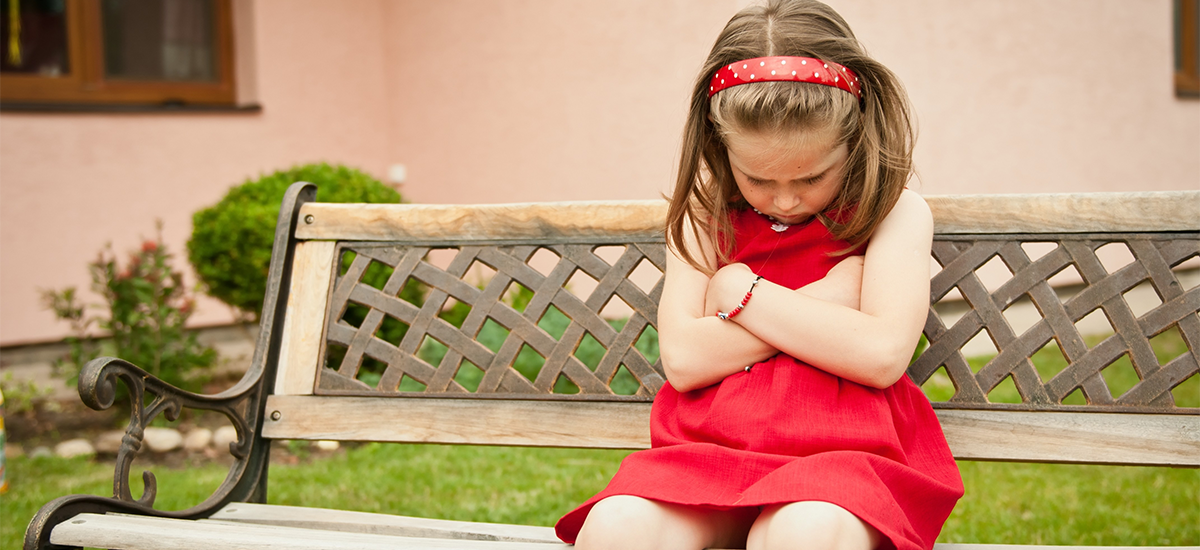by Sandi Kahn Shelton, New Haven Register Staff
Uh oh. Georgie had to go to timeout again on Sunday while he was at the beach.
His mother, Janine Braun, who spends the summer in Guilford, says it was because he poured a bucket of sand on a well oiled stranger who was sunbathing nearby. Or wait, she says. Perhaps it was because he wacked his sister in the eye with his plastic cow. Or was it the meltdown he staged when he heard he couldn’t have more than two lollipops?
“Georgie is in timeout quite frequently,” Braun says with a sigh. “He’s 2½.”
Georgie is not alone. Timeout, as almost any modern parent will tell you, is the Punishment of Choice these
days. More socially acceptable than the swat “it’s a big nono to spank,” explains Braun taking a child to an
isolated spot and having him stay there for a set period of time is what parents do when they’re at their wits’
end.
But, according to Alan E. Kazdin, a Yale professor of psychology, there’s a right way and a wrong way to do
timeouts.
He ought to know. He’s the director of the Yale Parenting Center and Child Conduct Clinic, and the author of “The Kazdin Method for Parenting the Defiant Child,” Houghton Mifflin, $26. Over the last 25 years, he has
trained thousands of parents and therapists in techniques that are based on the actual science of human
development. Kazdin works with a wide range of families those whose children are seriously aggressive and
disturbed all the way to those who would simply like their kids to go to bed without staging a minidrama.
The good news for parents: There is actually scientific research now on how to get kids to behave the way you
want them to, Kazdin says. He has a twinkle in his eye. “This is not guesswork anymore. But unfortunately, most parenting books out there say things that we know now to be wrong. They’re the equivalent of a health
book that tells you to go out and smoke a lot of cigarettes.”
The best sellers would have you believe that timeout is a time for your child to think about what he did wrong.
But Kazdin says that timeout is simply a period of time in which access to reinforcement is brief. One minute
is plenty, he says. Even five minutes is fine. It was never designed to be an exile to Siberia.
“Simply, calmly tell your child that she must go to timeout for one minute. Be very calm. It’s not adversarial. She must go to a specified spot and stay there,” he says. “And if she won’t go, then you take away a privilege.”
There’s no pushing or shoving, or dragging the child over to the corner. As Kazdin once observed, “It shouldn’t
resemble a bar fight. Just calmly take away a privilege.”
He advises thinking out in advance what that privilege will be. “Otherwise,” he says, “you’ll hear yourself
saying something like, ‘No driver’s license for you! And also, even though you’re only 3 years old, I’m telling
you right now that you are not going to your prom when you’re in high school!'” When you’re taking away privileges, he says, don’t get upset if the child doesn’t seem to react, if he even stands there smirking at you while you eliminate his favorite things one by one.
“That’s OK,” he says. “The research shows that it still works.”
But perhaps the most interesting thing behavioral scientists have discovered about molding children’s behavior is that punishments really do not teach children how to behave. Nor do they make them more likely to comply with orders.
Timeouts are OK in and of themselves, Kazdin says, but to really change your child’s behavior, to ensure
compliance, you need to have another set of weapons in your parenting arsenal. The best one, research shows,
is praise.
Now, now. Keep an open mind here. Remember, this is science.
“Mostly we’re hardwired as humans to catch anything negative that’s happening,” he says. “That’s what
allowed us not to get eaten by lions while we were busy admiring the pretty flowers on the hillside, and that’s
what makes us notice our children’s bad behavior and ignore the good. But what is needed is to catch your
children being good, and then praising them in a very specific way,” he say
This kind of praise, Kazdin says, has very special ingredients: “You must be enthusiastic. Fake it if you have
to.” He gets a big smile on his face and talks to an imaginary child: “Wow! I asked you to pick up your toys, and look, you picked them up the first time I asked!”
The second ingredient, he says, is a tap or a touch. “This is very important. Look the child in the eye. Smile.
Touch them or pat them.” And then it is very important, he says, to resist adding on something at the end,
something like, “Now why can’t you be like your sister who always picks up her toys without being told?”
Also, you must never, never say something like, “Great boy! You made Mommy very happy!” That won’t
change the behavior, Kazdin says. “The child’s goodness or badness as a person should not be evaluated, and
Mommy is happy simply because you were born.”
He admits that parenting is hard, and that we all lose our minds over it once in a while. “But we’ve helped lots
and lots of parents using this technique,” he says. “We get calls every week here in the clinic asking how to do
this. That’s because it works.”
For more information, and a full explanation of the method, go to http://www.184.154.73.86/~alankazd.
